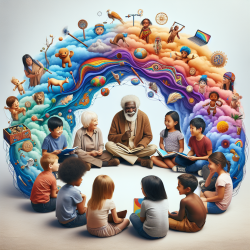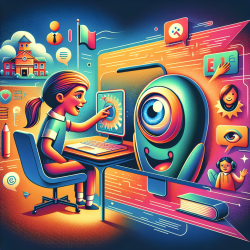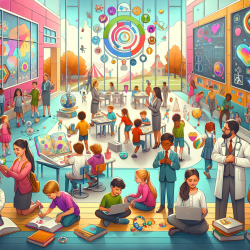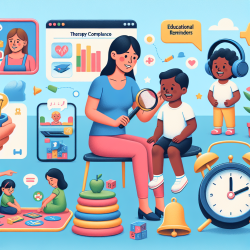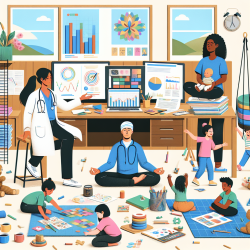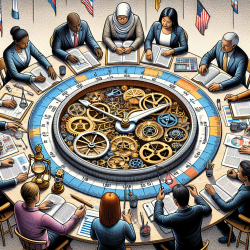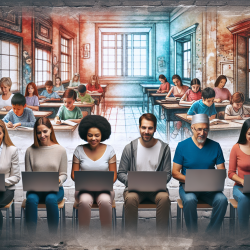Introduction
In the ever-evolving landscape of education, it is essential to look back at the wisdom of our ancestors to guide our future steps. The research article "The Forager Oral Tradition and the Evolution of Prolonged Juvenility" by Michelle Scalise Sugiyama provides a fascinating insight into how storytelling has been a pivotal tool in human development. This blog explores how educators and practitioners can harness the power of storytelling to enhance learning experiences and foster skill development in students, particularly those with special needs.
The Power of Storytelling
Storytelling is not merely an art form; it is a powerful educational tool that has been used for centuries to pass down knowledge, culture, and values. In forager societies, storytelling served as a means of transferring essential survival skills and knowledge from one generation to the next. This oral tradition allowed young individuals to gain vicarious experiences, expanding their episodic memory and preparing them for future challenges.
Implementing Storytelling in Education
Educators can draw inspiration from the forager oral tradition by incorporating storytelling into their teaching methods. Here are some ways to effectively use storytelling in educational settings:
- Enhancing Cognitive Development: Storytelling can help develop critical thinking and problem-solving skills by presenting students with scenarios that require them to analyze and draw conclusions.
- Fostering Social Skills: Through stories, students can learn about social norms, empathy, and cooperation, which are essential for navigating social interactions.
- Building Cultural Awareness: Stories from diverse cultures can broaden students' perspectives and foster an appreciation for different traditions and values.
- Encouraging Creativity: Encouraging students to create and share their own stories can boost their creativity and self-expression.
Addressing Special Needs through Storytelling
For students with special needs, storytelling can be a particularly effective tool. It provides a structured yet flexible framework for learning, allowing students to engage with content at their own pace. Here are some specific benefits:
- Improving Communication Skills: Storytelling can enhance language development and communication skills, helping students articulate their thoughts and feelings.
- Providing Emotional Support: Stories can offer comfort and understanding, helping students process their emotions and experiences.
- Promoting Inclusivity: Storytelling can create a sense of community and belonging, fostering an inclusive environment where all students feel valued.
Encouraging Further Research
While the research by Scalise Sugiyama provides valuable insights, there is still much to learn about the role of storytelling in education. Educators and researchers are encouraged to explore this area further, examining how different storytelling techniques can be tailored to meet the diverse needs of students.
Conclusion
Storytelling is a timeless tradition that holds immense potential for enhancing education. By embracing the wisdom of our ancestors and integrating storytelling into modern educational practices, we can create enriching learning experiences that prepare students for the complexities of the world. To read the original research paper, please follow this link: The Forager Oral Tradition and the Evolution of Prolonged Juvenility.
